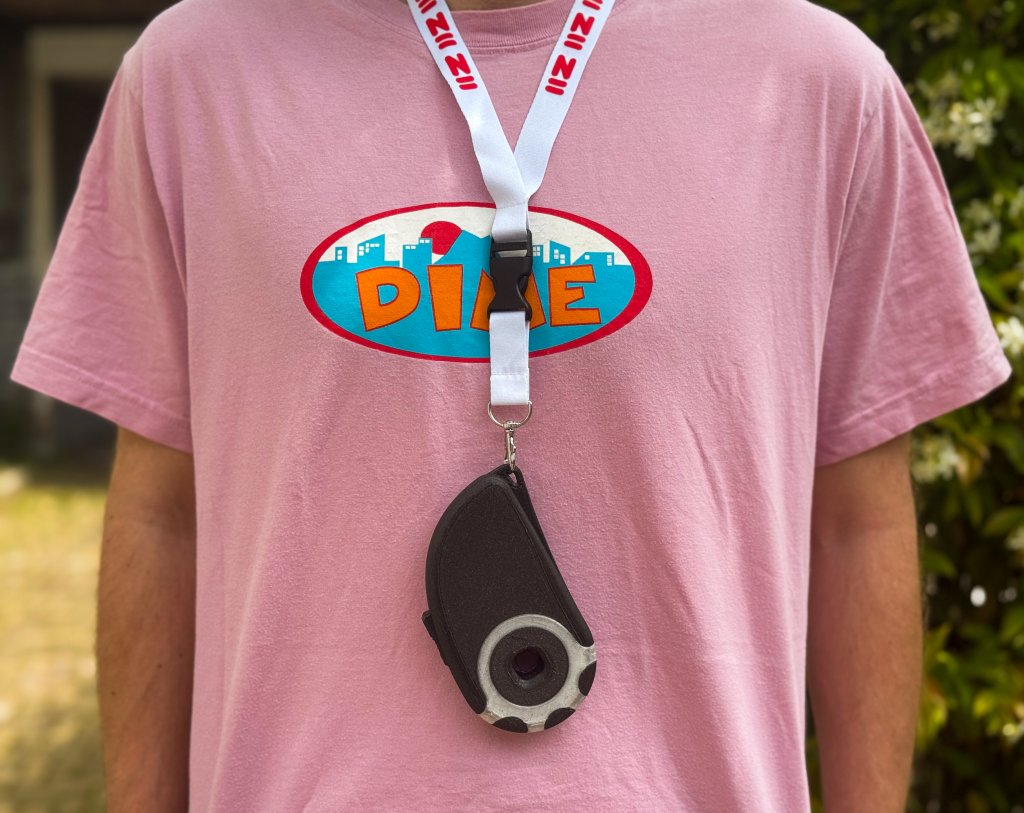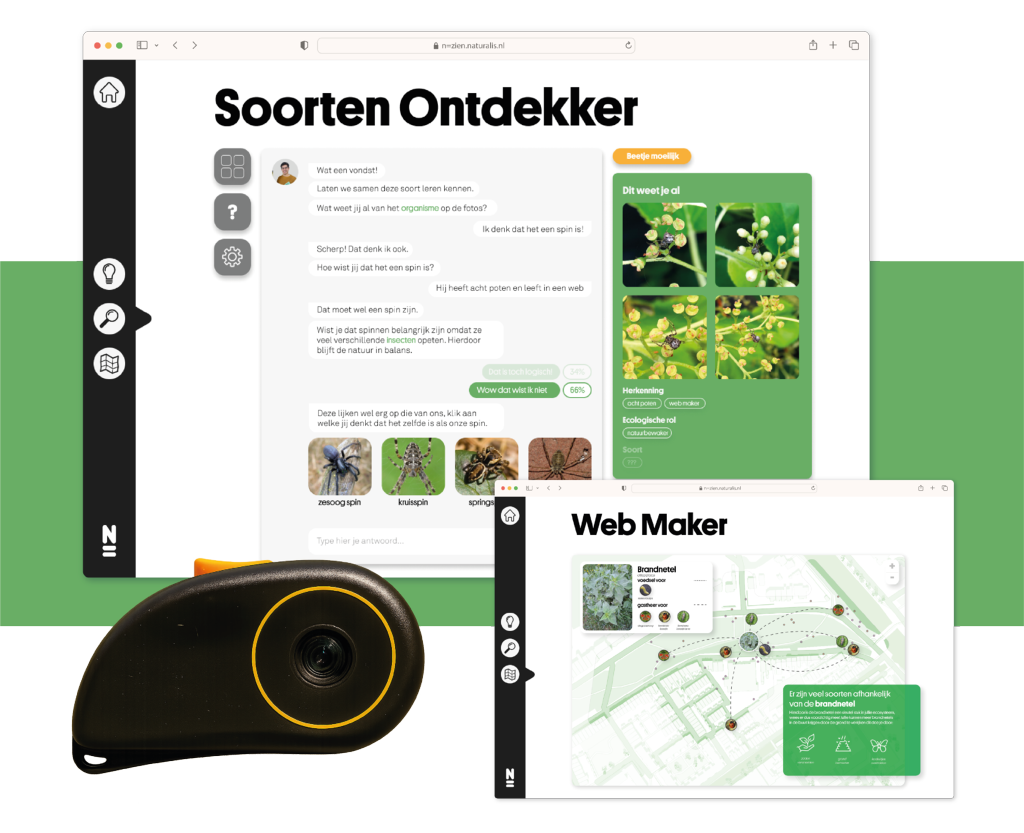A healthy planet needs keystone citizens, well-rounded individuals that acts as shaper, steward and maintainer of their city’s unique ecosystem. We explored how the education department from Naturalis Biodiversity Center can contribute to the societal shift necessary to enable a biodiversity positive future, a thriving planet. We achieved this by creating three layers. The first investigates where institutes like Naturalis can make an impact. In the second we look at the theoretical contribution of educators and designers. In the final layer, and finally, in the form of N=ZIEN, we designed a case study on how to bring this to practice. Our underlying aim is to enable children to become keystone citizens,. This reorientation of what it means to be a citizen is its own form of action: small, replicable, and catalytic.
To map out how educators can design for a biodiversity positive attitude, we conceptualised the keystone citizen framework. This framework sets an ideal for what well-rounded, nature-inclusive citizenry can be. By being considerate about the manifestation of the attitude [e.g. nature connectedness], the means in which to achieve this [e.g. exploration], and the drivers of the target audience [e.g. making sense of the world] we are able to formulate different design tracks.
The outcome of one of these tracks is N=ZIEN, a nature education platform that aims to engage pupils with the local biodiversity through a series of hands-on lessons. Using a citizen science narrative, pupils are introduced to the ecological system in their school’s neighbourhood. By alternating between the real world investigations with the N=ZIEN Device and a chat environment to learn about the local species, the pupils create their own database of sightings in the neighbourhood. Based on this, they are then invited to formulate a plan on how to increase biodiversity.

In an ever progressing human-centred world it becomes increasingly relevant to look at the web of life that we depend on for so much of our livelihoods and pleasure. It is through our education and our tools that we learn to interact with the world. And it is in the shaping of these that we can contribute meaningfully to the development of attitudes that challenge this mentality.
However, we cannot overestimate what one product and one institute can do for this societal shift. Therefore, I invite you to see it as an opportunity to reflect on what building blocks you can contribute to to enable a biodiverse future, a thriving planet.


